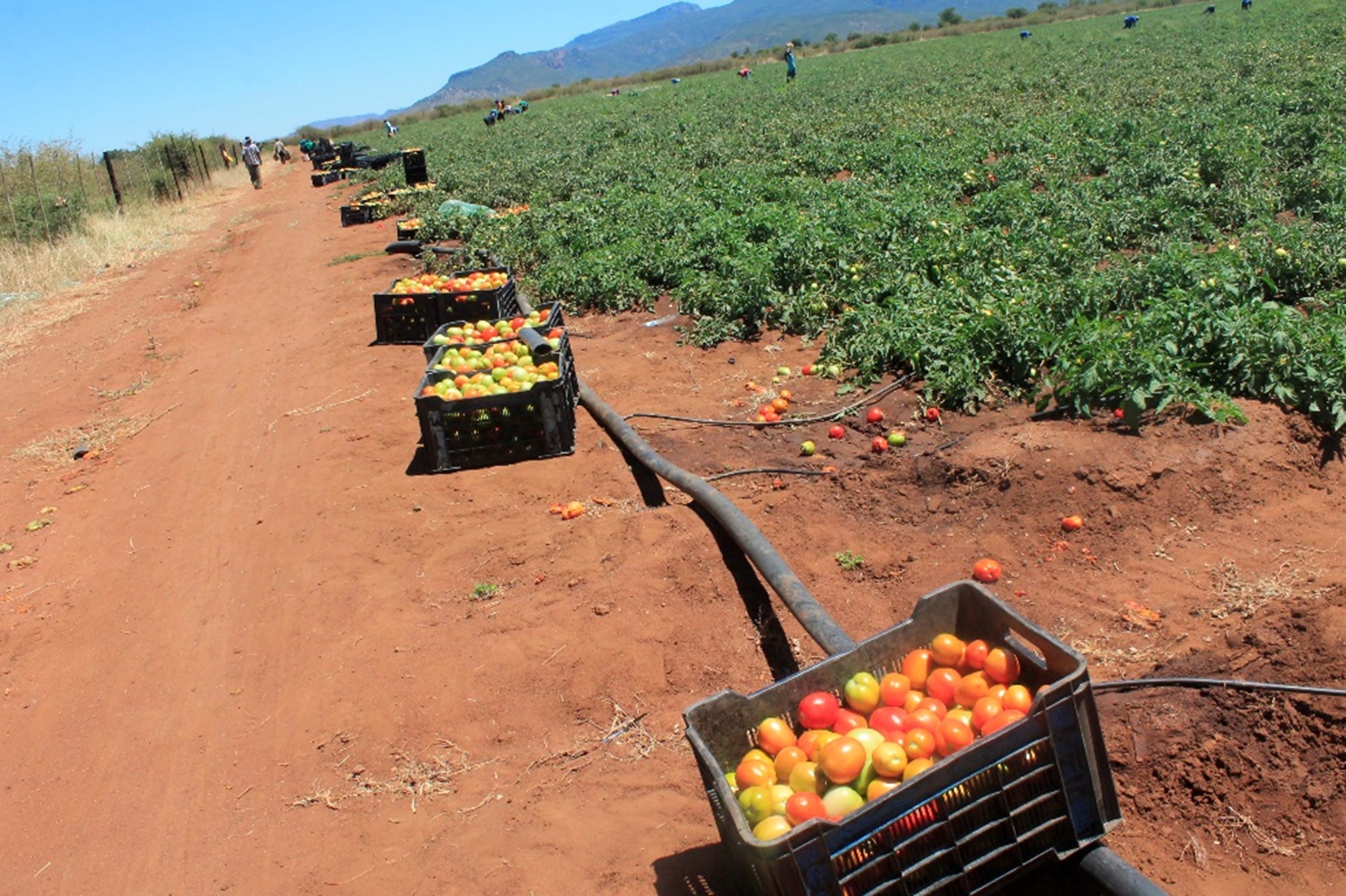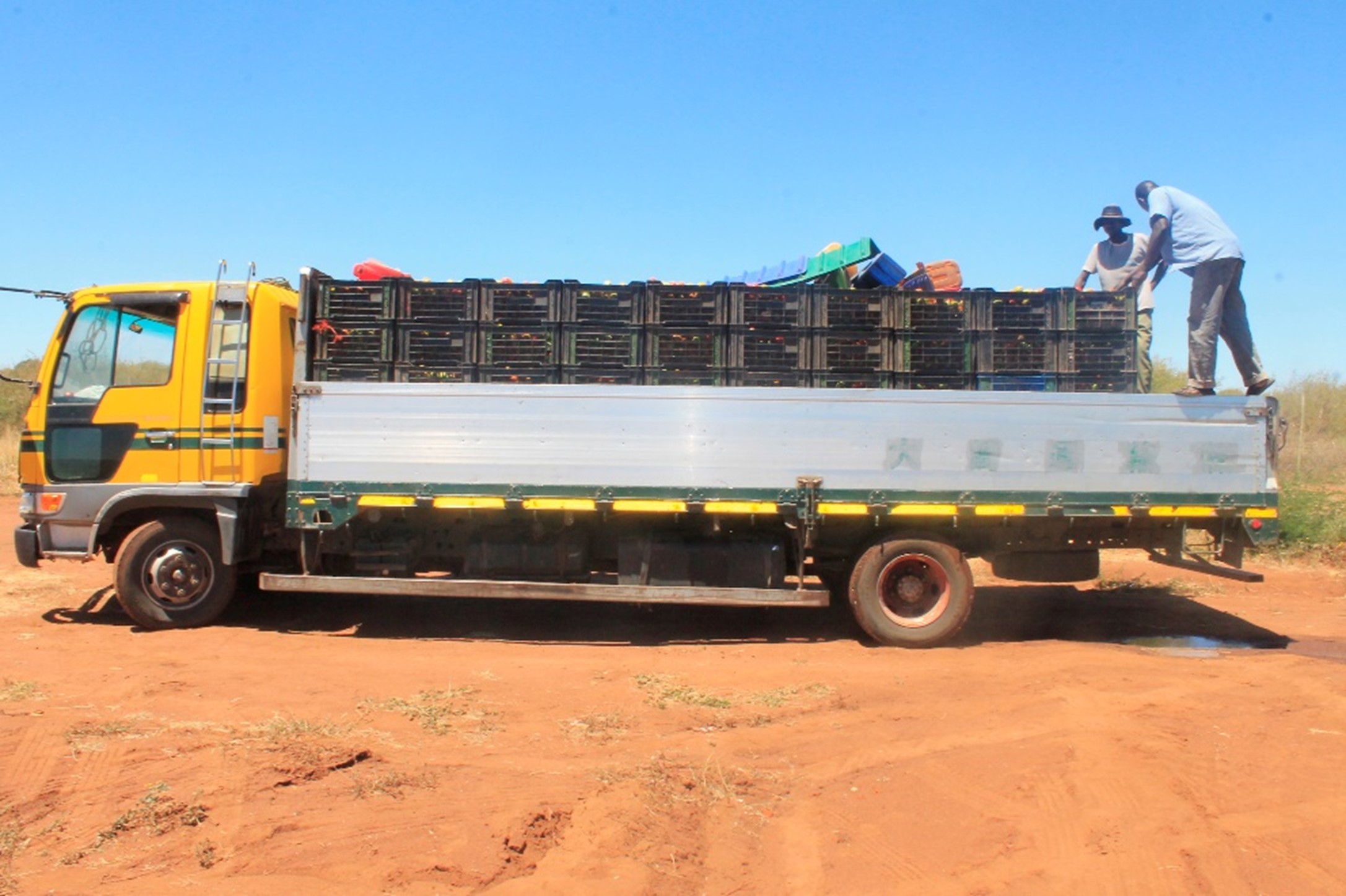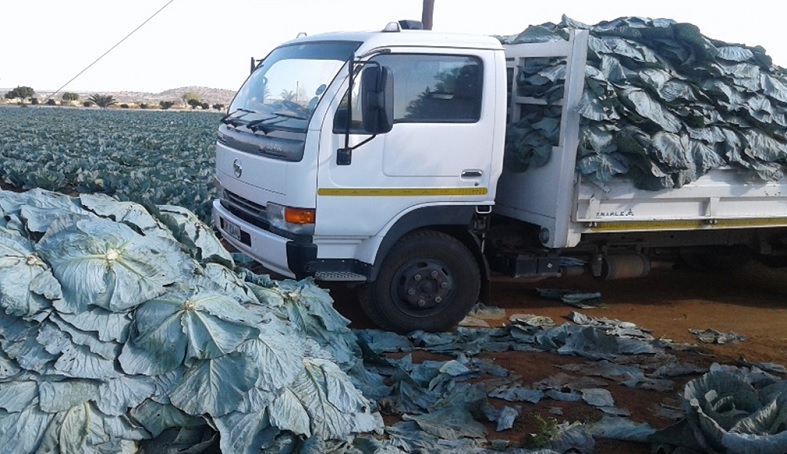By Obed Makgoale

Research is crucial for potential producer to understand the specific commodity before commencing on any farming activities. This will promote the idea of grow to sell, instead of the old ways or regular practice of grow and sell.
The research should serve as a roadmap to the producer to further understand the type of soil to work on, the importance of crop production planning, type of product as mentioned, identifying the market’s need and demand and understand the off-season production.
This advice to farmers came out of the Marketing Information Day held at Vleeschboom Farmers Production Support Unit (FPSU), Makhuduthamaga Local Municipality in Sekhukhune District on 23 October 2024. The event was organised by the directorate responsible for Cooperative Enterprise Development (CED) within the Department of Land Reform and Rural Development (DLRRD).
Understanding all those requirements could make it simple for Vleeschboom Farmers, who are currently under the old ways of grow and sell. Vleeschboom FPSU is currently used by smallholder farmers, mostly around different villages of Makhuduthamaga Local Municipality, who came together to establish secondary cooperatives.
They produce a wide variety of crops including maize, cabbage, tomatoes, butternut, and green paper, with a long-term dream of having their produce ended up in big retail shelves. In addition, their aim is to build a massive maize milling depot to expand their production to the level of packaging and sold country wide.
With the support programmes in the DLRRD, Limpopo Department of Agriculture and Rural Development (LDARD) such as IIima/Letsema, Farmer Support Program, Technical Advice, and other support programmes from the likes of CED as Daniel Letsoalo, the District Director explained; their produce could find a way to big markets.
Migrating from their old ways of grow and sell into grow to sell concept could become a game changer towards realising their dreams. Growing to sell than grow and sell concept is in line with Smallholder Horticulture Empowerment and Promotion (SHEP) model – a programme initiated by Japan International Cooperation Agency (JICA) that encourages farmers to undertake marketing research of what they intend to produce before commencing with their farming operations.
SHEP model ensures that smallholder farmers are market oriented. However, the services of extension officers which represent the bridge between government and farming community, should link with marketing entities such as National Marketing Council and Research Institutions in collaboration with farmers and agri-businesses to understand the needs of the market at local level before any production activity takes place. SHEP focuses on sensitization and baseline survey, market survey, in-field training, and end line survey.


It is crucial for farmers to migrate from the old ways of grow and sell into grow to sell concept for sustainability.


